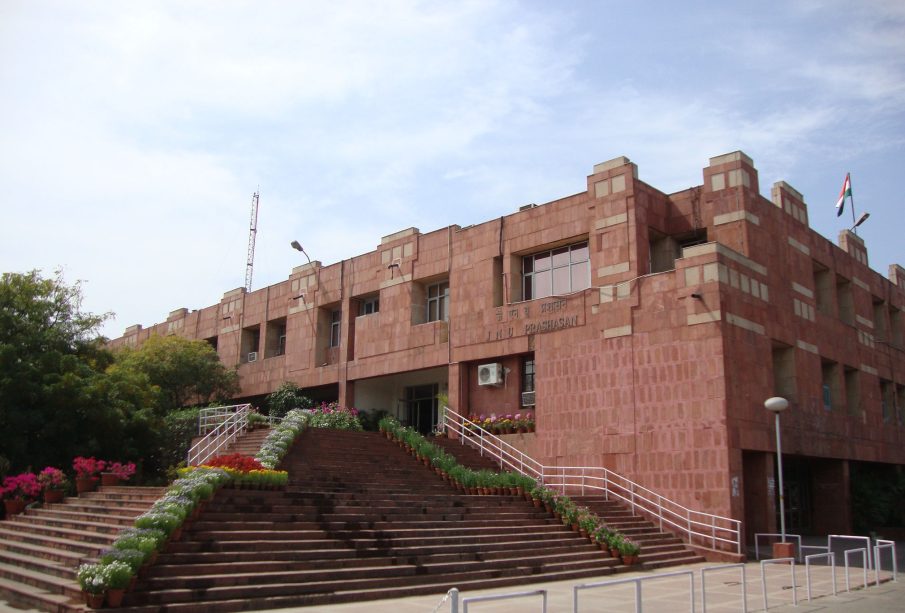Understanding the Role of Jawaharlal Nehru University (JNU) Today

Introduction
Jawaharlal Nehru University (JNU) has long been a cornerstone of higher education in India, known for its critical thinking and progressive ideals. As one of the premier institutions in the country, JNU attracts students from diverse backgrounds and is pivotal in shaping young minds who will lead the nation’s future. Recent events have underscored the relevance of JNU in the context of national discourse and student activism.
Recent Developments at JNU
In the last few months, JNU has been at the center of numerous discussions, particularly relating to its academic policies and governance. The university announced its plans to increase the intake of international students in various postgraduate programs, aiming for a more global educational environment. Additionally, the introduction of new courses in areas like Artificial Intelligence and Environmental Studies reflects the institution’s commitment to staying relevant in an ever-evolving job market.
Moreover, student protests erupted in response to perceived inefficiencies in the administration regarding the allocation of hostel facilities and rising fees. The protests, while conducted peacefully, highlighted the students’ demand for greater transparency and inclusion in decision-making processes. This situation points to the thriving culture of debate and activism that JNU has always been known for, allowing students to voice their concerns and seek accountability from the administration.
Significance of JNU in Contemporary India
As a public university that encourages critical thinking, JNU plays a vital role in shaping political and social discourses in India. It is well-known for producing prominent leaders, thinkers, and activists. Alumni such as former Union Ministers and members of the Indian Parliament have highlighted how their education at JNU equipped them with the tools necessary for public service and political engagement.
The university’s commitment to social justice, inclusivity, and research-backed arguments makes it a unique environment that cultivates future leaders. The latest initiatives aimed at facilitating interdisciplinary research and collaboration with international institutions further enhance its reputation as a premier educational hub.
Conclusion
As JNU continues to evolve, it remains a front-runner in higher education in India, adapting to the demands of the modern world while holding onto its core values. The current events and the reactions within its academic community reflect larger societal issues that signify the importance of active participation and dialogue. Looking ahead, JNU’s focus on expanding accessibility and fostering innovative educational pathways will likely position it as a beacon of knowledge, shaping the minds of future generations.









